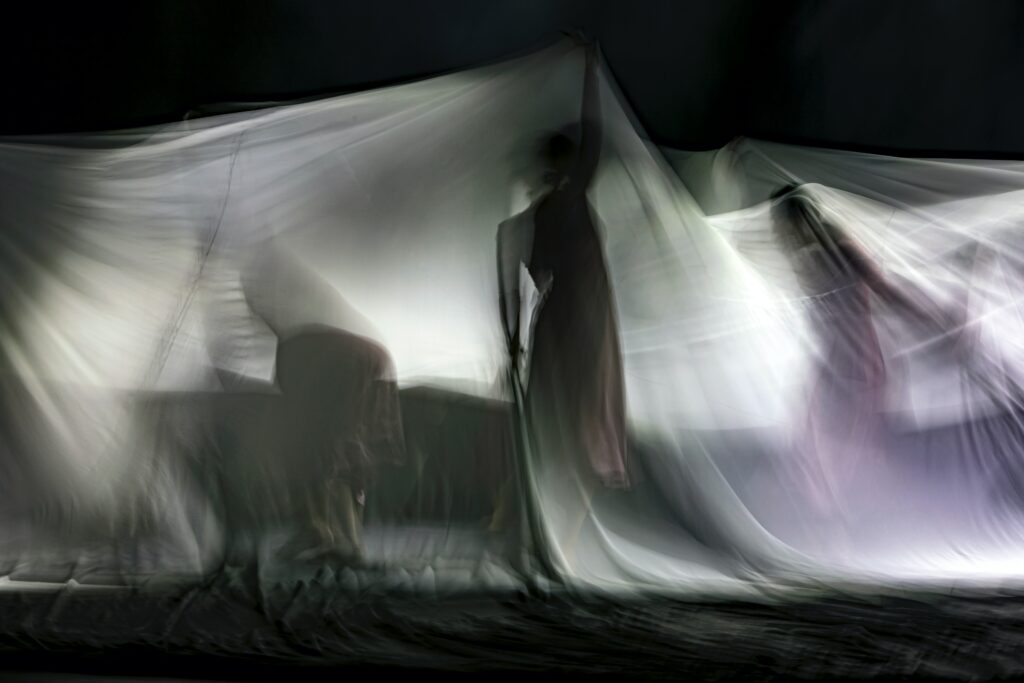… and Art and Capital and Art and Capital (and the Theatertreffen)
My interest in this year’s Theatertreffen is to reflect on the current trend and aesthetics of theatre in the context of the capitalism of bourgeois society. The materialist view of history according to Marxist theory provides the basis for this. I assume that an awareness of the historical development of society and its attempts to liberate itself from the subjugation of humans by humans is necessary to understand the current stage of society and capitalism. Only such historical consciousness leads us to the insight that our present is still an on-going part of this continuity line. Marx and Engels expressed this with their famous statement that „Die Geschichte aller bisherigen Gesellschaft ist die Geschichte von Klassenkämpfen“ (“The history of all hitherto existing society is the history of class struggles“)[1].
With this, I refer to a dialectical understanding of art. I consider art to belong to the production sphere of capitalist society, and therefore subject to the dialectical relationship between labour and capital. From this, I derive that any attempt at an art examination that stops at the duality of „systemically critical“ on the one hand or „affirmative“ on the other falls short, although this division appears dominant in popular discourse. I want to raise the question of whether the latter can be attributed to the reification character of bourgeois society, as Georg Lukács has suggested, following Marx. The crucial question would be to what extent we are actually able to rise above the horizon of the present’s bourgeois thinking, and to critically reflect on our art.
The desire to examine all of this – and to meet these demands at all times – is certainly not small, but seems appropriate to me for an event like Berlin’s Theatertreffen. I see my project as an attempt and refer to the quote from the writer and actor Yaak Karsunke: „Es ist besser neue Fehler zu machen, als die alten bis zur allgemeinen Bewußtlosigkeit zu konstituieren.“ („It is better to make new mistakes than to constitute the old ones to the point of general unconsciousness.“)[2]
[1] Marx/ Karl & Engels/Friedrich: Manifest der Kommunistischen Partei. Berlin 1969, S. 10. (trans. according to the official translation by Samuel Moore and Edward Aveling from 1888)
[2] Fassbinder / Rainer Werner (Regie): Katzelmacher. Deutschland, 1969. (trans. AR)
